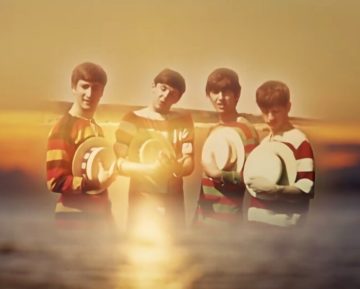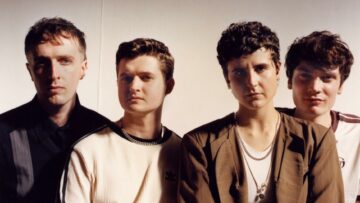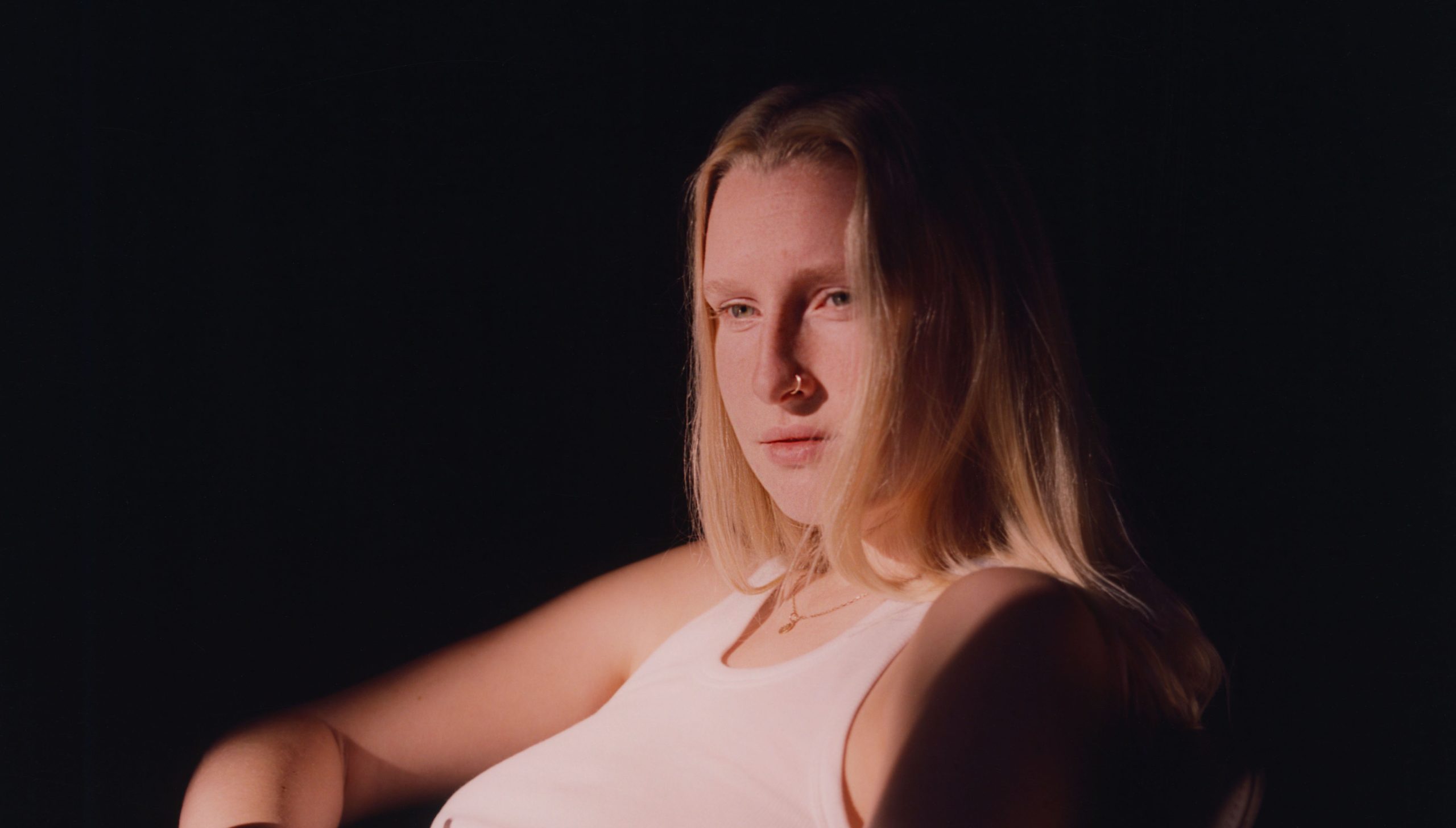
The album’s title is a metaphor for the gift of cherries as an offering of love and – recorded on tape in Frome last summer – it’s a record bursting with introspection and a fresh, optimistic perspective on the world.
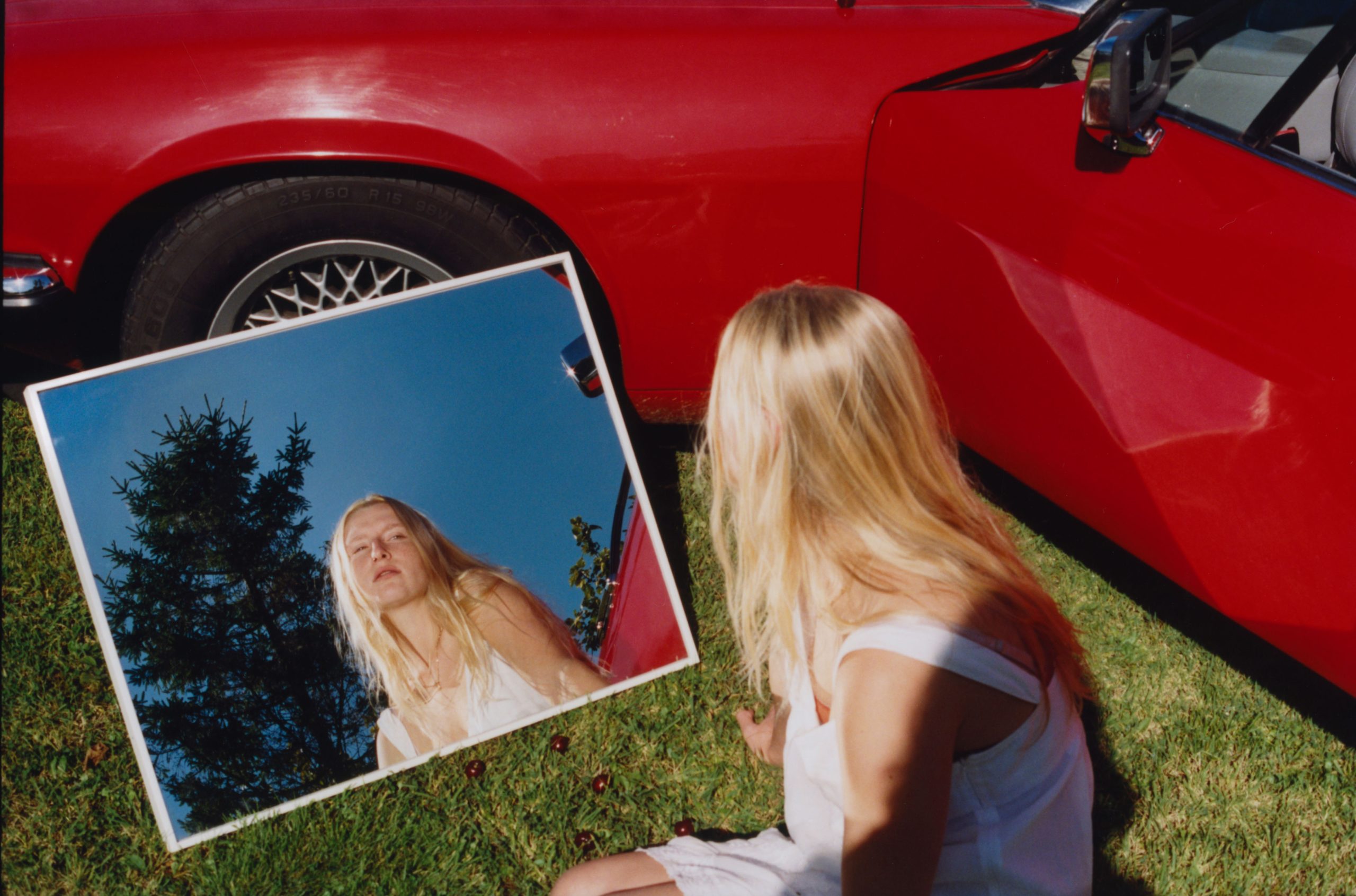
Photo: Katie Silvester
With ten years of music-making under her belt, the 23-year-old singer speaks to whynow about removing herself from the “loving talons” of the industry, the creation of Drop Cherries and the magic of imperfection.
Billie, with the fourth record on the horizon, do you feel you’ve learnt any lessons from your previous three, and what are they?
Lots of those. I guess you’re looking at ten years of being a child in an adult world, trying to ignore the age thing while being heavily tied down to that, navigating London when you’re not from there, love, loss – just the big old problems in life.
I’ve slowly been documenting and this [album] feels way more myself, which is ridiculous because they’re all me. I find it much easier to talk about and play; I’m not scared of anyone’s opinion on it.
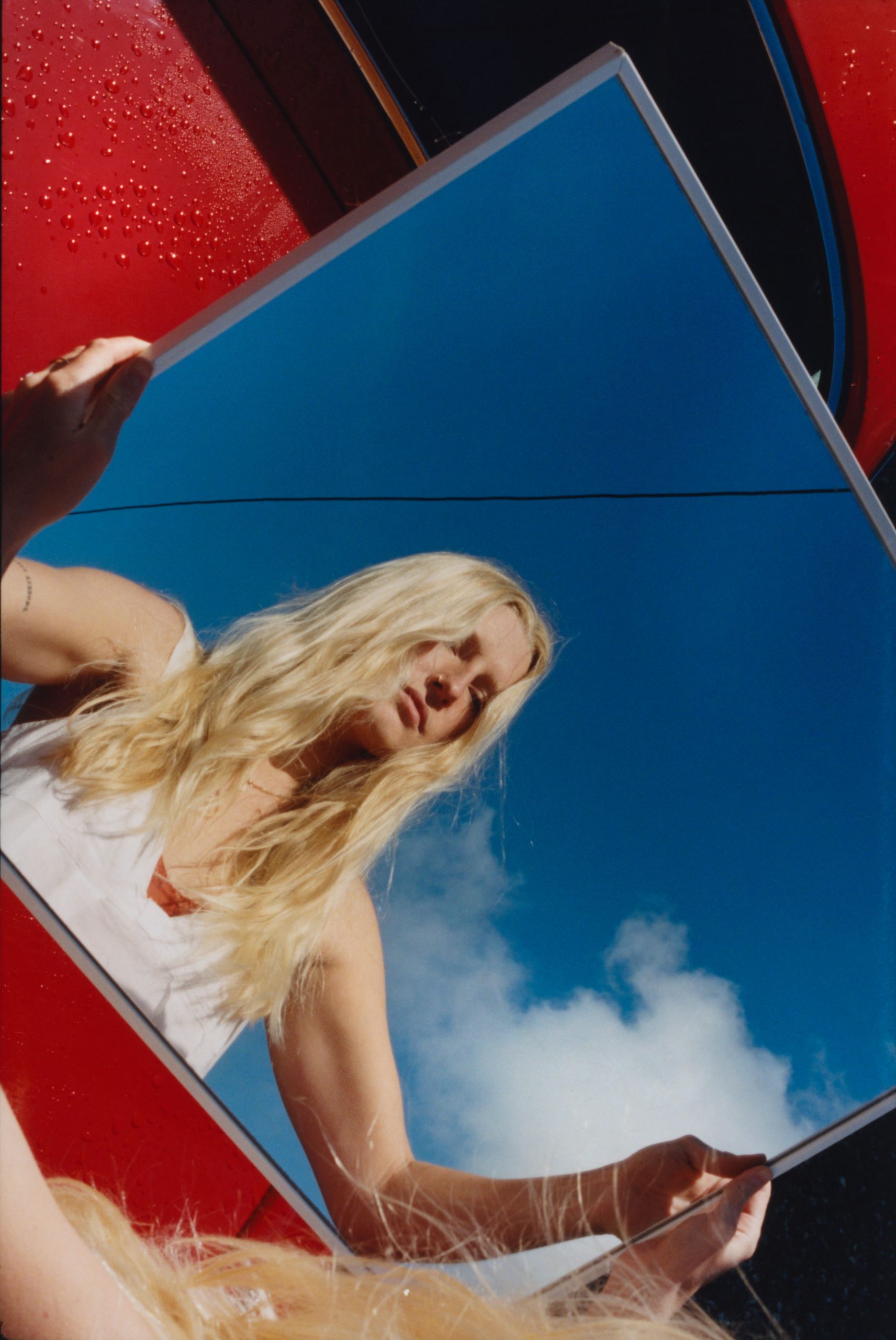
Photo: Katie Silvester
You describe Drop Cherries as a result of “genuine, intuitive feelings”. Do you feel that intuition has always been there or is that something you’ve had to learn over time?
It’s certainly been there because making music is such an intuitive thing. I feel I couldn’t have ever ignored that, but there’s been a couple of moments that probably haven’t sat right with me, in terms of an industry point of view or how people have spoken to me in the past. I’ve learnt how to address myself and understand my own point of view.
With the way you were swept into the industry early on, do you feel as though during those formative years your intuition was blocked in the money-making machine of it all?
Very early on, around 13, 14, they’d just found me and taken me into their loving talons, I remember specifically someone asked where I wanted to be and what I wanted it to sound like, when discussing the first record. I said I want people to lay down on their bedroom floor and have a cup of tea or a glass of wine, close their eyes and maybe cry to it for an hour. They were like “Hmm that, and sell loads of records for us”. Immediately there was a disconnect; I kept saying I was never going to be the thing they wanted me to be.
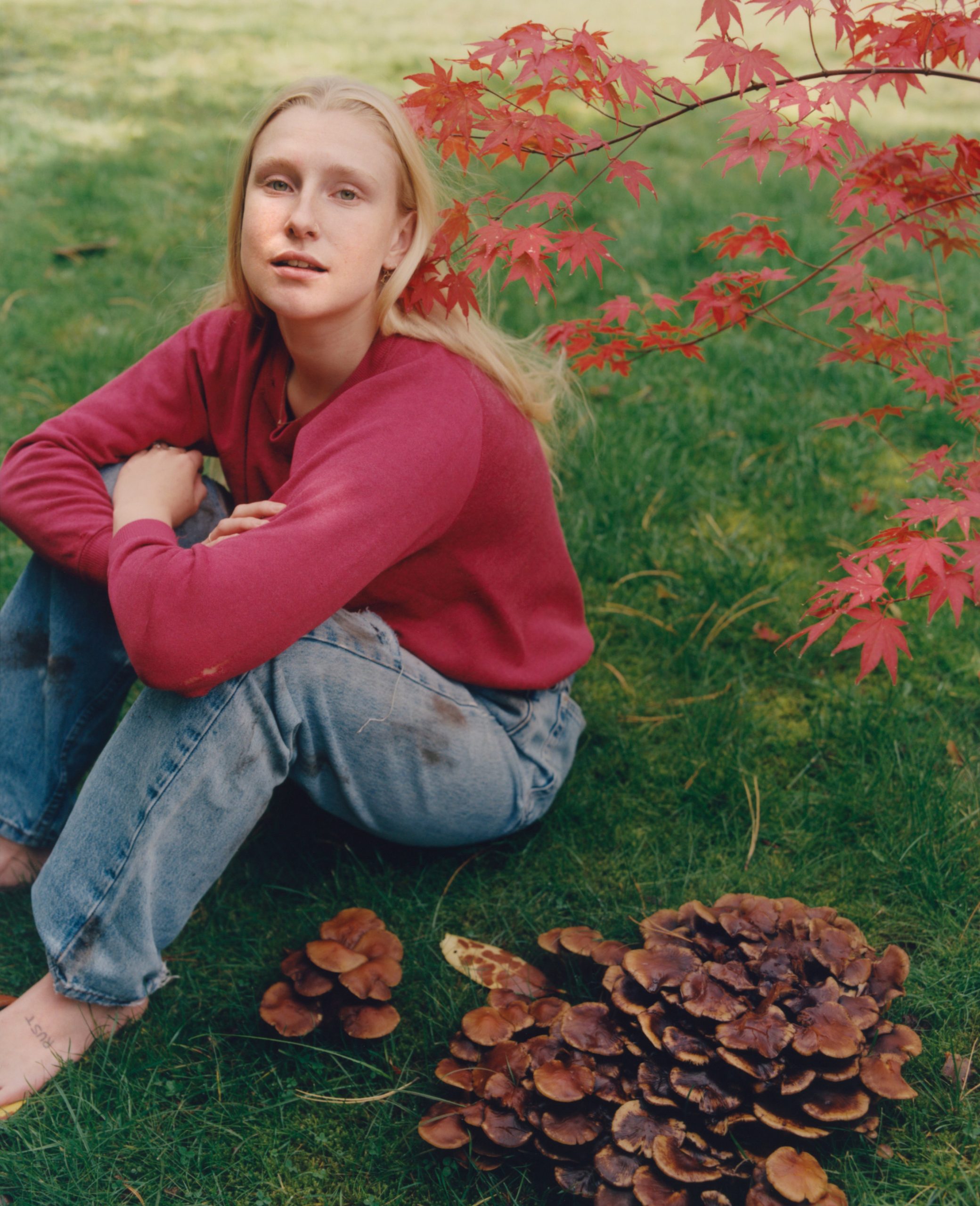
Photo: Katie Silvester
When you’re a young female in music there is a certain call to arms that you have to take on and I was very aware that was never going to be me. I never wanted my face on album covers and that was always a thing.
Saying that, I’ve just done that now. Back then, I was very uncomfortable in myself and my body and I had to deal with pictures of myself from early-on and footage and music videos and photoshoots and being asked these enormous existential questions about the meaning of life and the meaning of myself and why people should listen to me. I got a lot from other artists and just emulated their answers.
You’ve also said you’re at a point where you’ve stopped thinking about what others want to hear; but what exactly is it you think people are wanting to hear from Billie Marten?
I think people find it quite off-putting when a singer makes the same style of music over and over. But why does that annoy them: the thing they did at the beginning was the thing you found attractive in the first place?
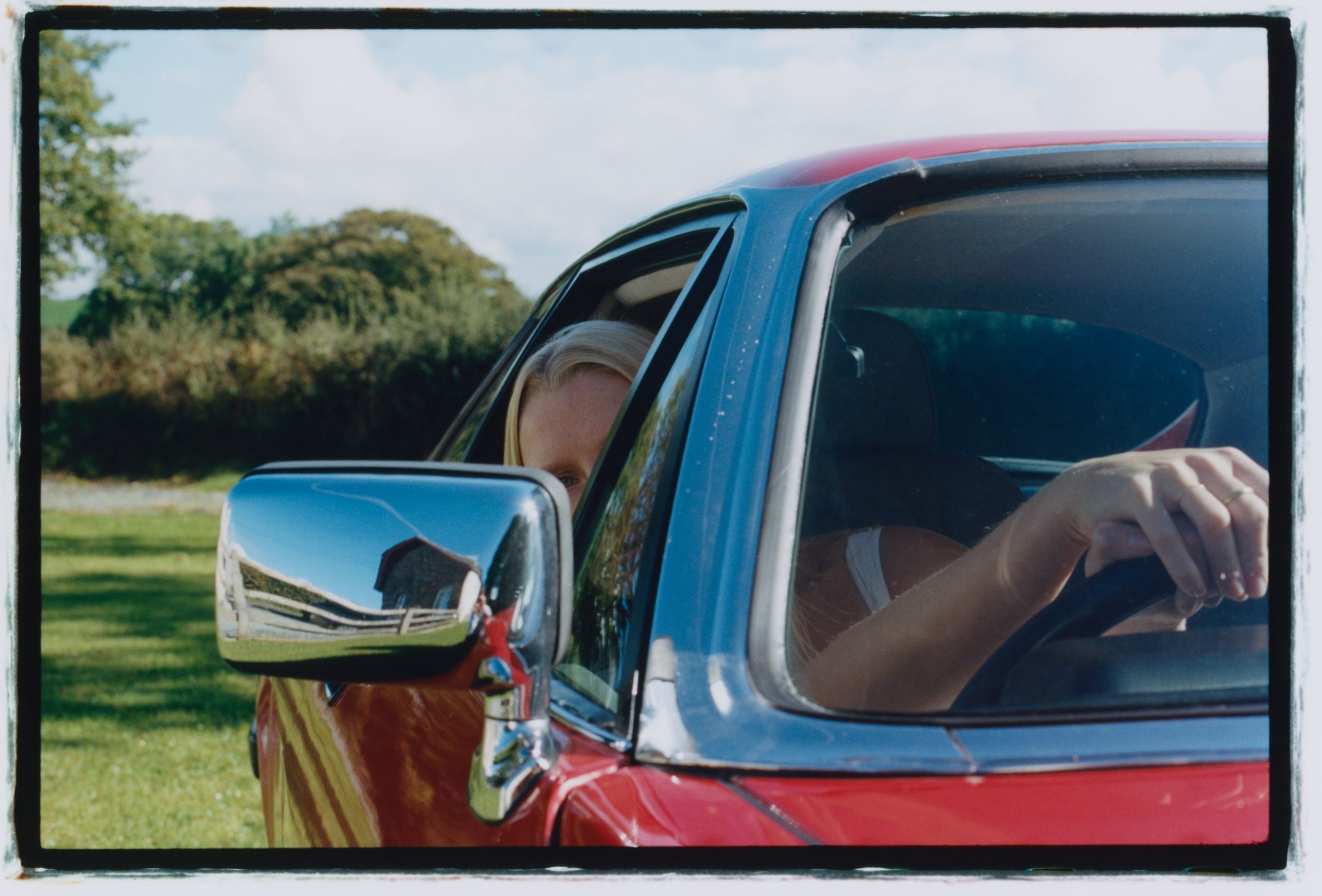
Photo: Katie Silvester
I don’t know why we have this hanging over us where you think the second album is going to flop, third album go somewhere entirely different and genre specific, and fourth album come back to roots and that’s pretty much what I’ve done without knowing that those are the classical tropes of music making.
I think I’m evolving but also regressing. This album feels very much like the album I wanted to make when I got signed but was too ill-equipped and had to experience life to be able to do that; it’s almost as if all the pressure of that has feathered away and the dust has settled.
On the subject of dust-settling, the album’s humming opening track ‘New Idea’ very much comes across like this. How did the track come about?
That’s actually the demo. I was going to the studio in Tottenham, maybe a year-and-a-half-ago and was sculpting this album out then. I realised I was getting no creative output in this cold room with no windows. Then ‘New Idea’ came from stripping it all down and making a loop.
I had this broken button that didn’t work so I just looped this noise and put some guitar on it and had some strings put on it. I played it to Dom, my co-producer, and said I didn’t want to recreate it; I love how experimental it is and how it marks a new chapter and the title itself is so shit, it’s just what it saved it as on my laptop.
You recorded the majority of the album in Frome, Somerset. What was that period like?
The time there was great, I was bumbling about in different AirBnBs. Unfortunately, there was no one place I could stay at more than three nights. I spent most of the summer there, we had a 2/3 week period of solid recording. I know the butcher, the local town characters, everybody was well aware there was a stranger in the town. It was a lovely, slow-moving time but also a bustling, creatively disarming place to be. It was perfect.
Was that period, albeit in a place like that, too intense and does that burn out your musical intuition?
It does, there’s always a point where my body feels really gross. My concentration levels definitely plummet. Dom is so great and has the tenacity to come back into the studio after dinner; there were a couple times where I left them to it for moments, which gave me a healthier perspective the next day.
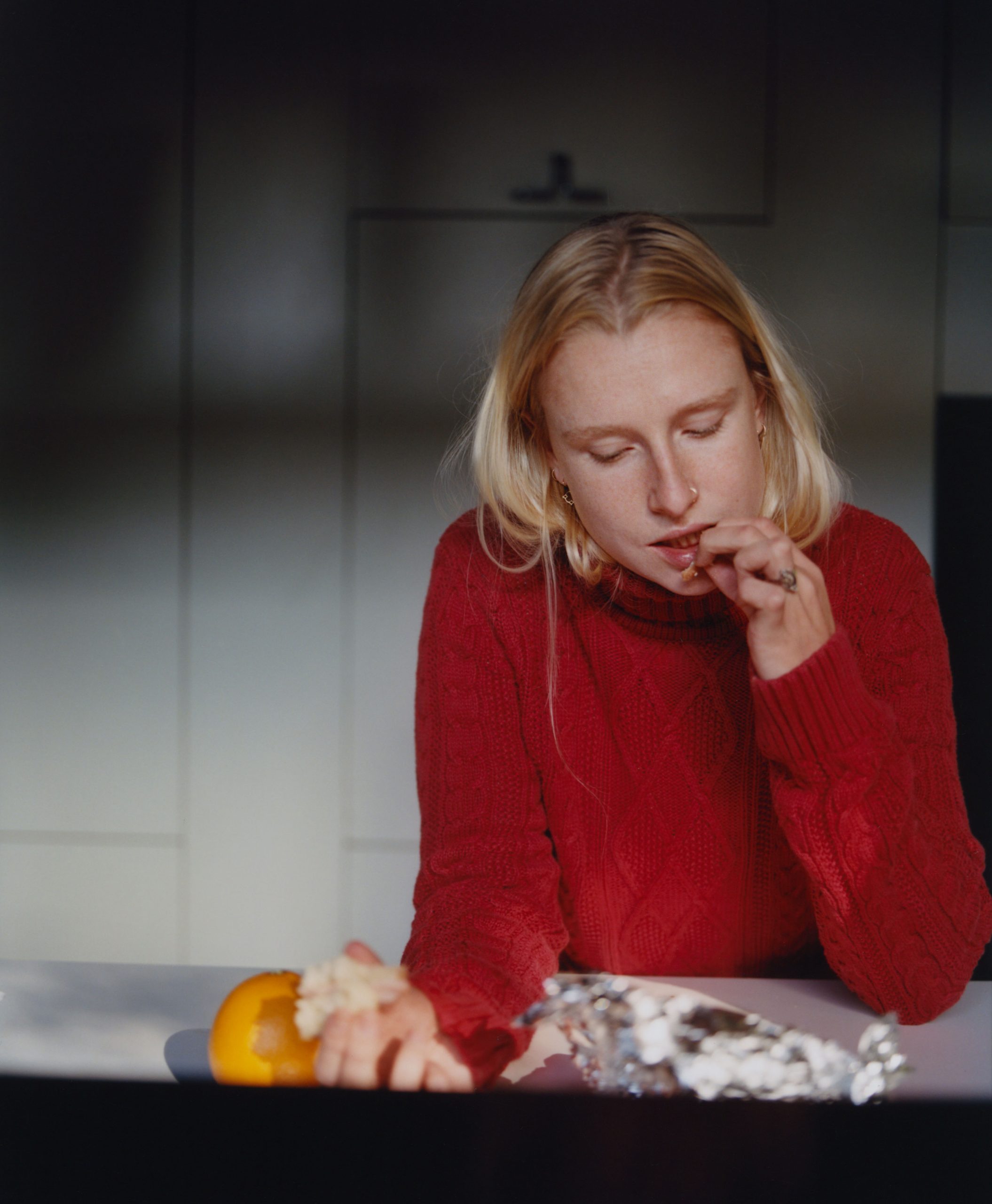
Photo: Katie Silvester
Tiredness in music is really quite profound, the job requires constant thinking. I’m not waking up at 7:30 everyday but I’m dreaming and writing the input to get the output. You have to chomp away to get something out your system.
Do you and your co-producer Dom have a ying-and-yang working relationship in that way, then?
Dom is a peculiar man. He’s done amazing records and we met on the second one. He has such a brilliant way of knowing who you are without stepping on your toes. It’s challenging to work with him. He always picks your technically imperfect, worst take because, for some reason – and he’s right – that’s the thing that empathises with people. If we listen back to Joy Division ‘Love Will Tear Us Apart’, it’s 100 percent not perfect. I tune out when something is incredibly perfect.
You have an upcoming tour, where I imagine you’ll play a blend of the new and the old. Do you find your previous, more melancholic, introspective tracks harder to play in a room of people?
Sometimes. There’s a song called ‘Cursive’, which for some reason people still ask for and they’ll be so happy and smiley and I’m singing it to them, even though the chorus is “I will never be myself”, which is incredibly dark because that’s what I was feeling like as an angsty teen. We’ve been doing a new set with a brand-new band and it’s funny teaching them the old stuff and noticing the difference in narrative.
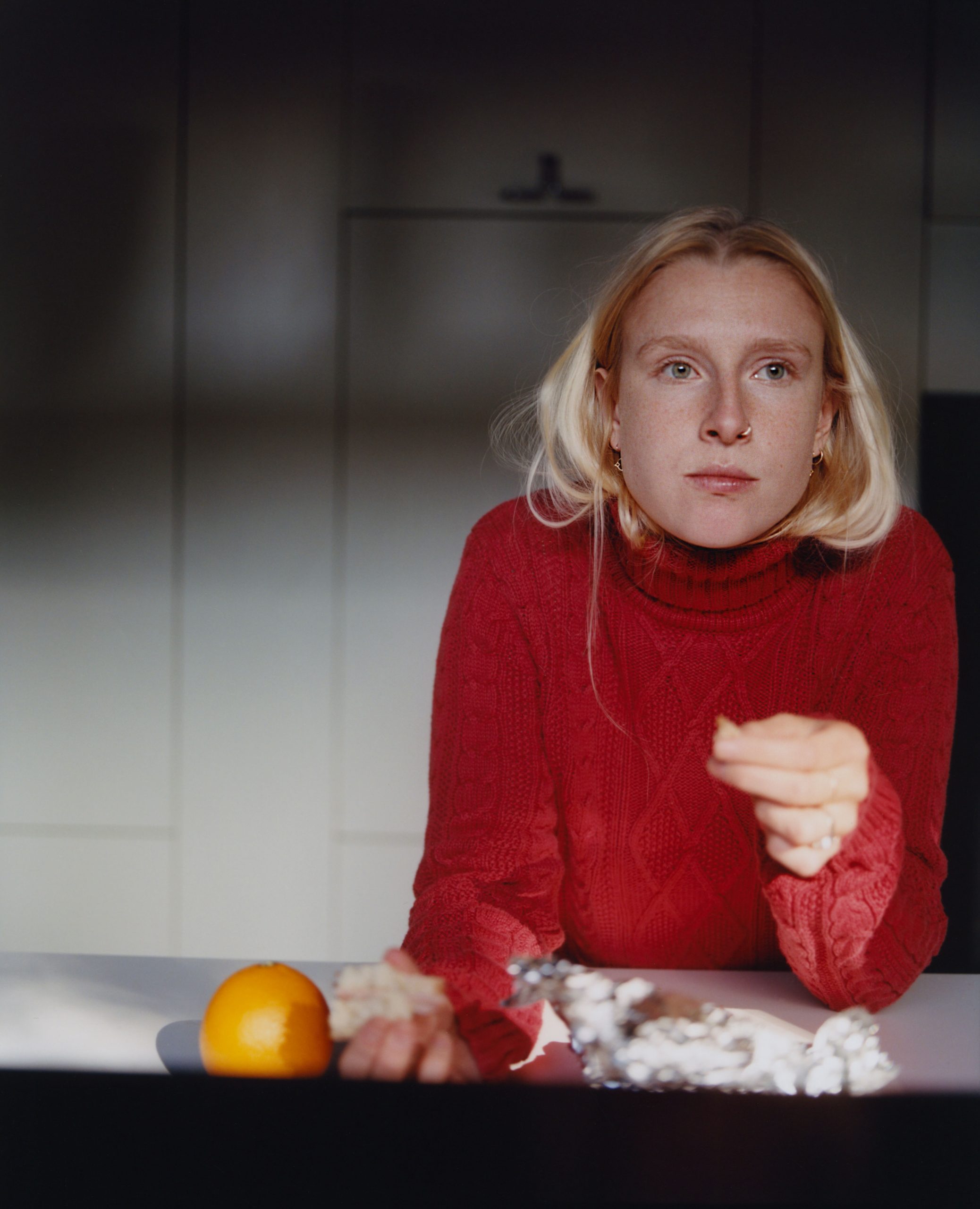
Photo: Katie Silvester
Following that, would you rather play to a room full of strangers or of people you’re close to?
Definitely strangers. I hate when people ask for guestlist, I can’t understand why they would want to be there. Especially when they know me personally, it’s a definite part of me but 100% not the whole thing. For instance, if we were sat at the pub right now, I would probably find it quite difficult to articulate myself if we were to discuss some of the songs in detail because they’re very much momentary avenues of thinking.
My way of living, coping and going back to that intuition is just getting them out of my system so that I don’t have to feel that way anymore. I’d say I’m quite shy sometimes, I always have this problem I can’t find the line between self-deprecation and being okay with praising yourself.

